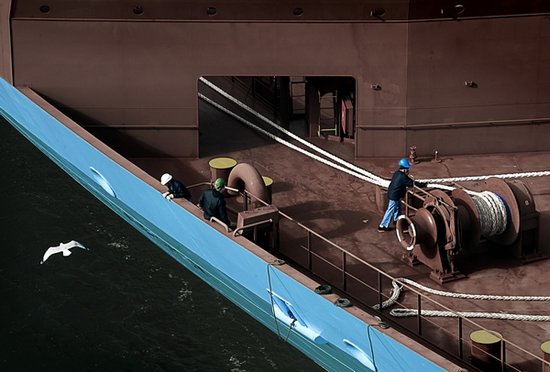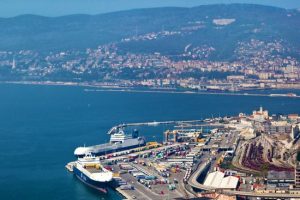On 9 April 2025, the Italian Corte dei Conti (Court of Auditors) delivered a negative opinion (resolution no. 40/2025) on the establishment of the joint venture company Pcs Newco, an initiative put forward by the Autorità di Sistema Portuale del Mare Adriatico Orientale (Eastern Adriatic Sea Port Authority). According to the court, the proposal fails to meet the requirements set out in current legislation regarding public shareholdings, falling short in both form and substance.
The proposal under scrutiny envisaged the creation of a company 51% owned by the Port Authority, with the remaining 49% to be held by a private partner selected through a public tender. The new entity was intended to manage, maintain and develop the digital platform Sinfomar for a six-year period, with the possibility of a one-year extension. Sinfomar is considered a vital tool for the functioning of the Port of Trieste, reportedly used by around two thousand public and private sector operators. According to the Port Authority, the platform handles the movement of goods, people and vehicles in and out of the port and is regarded as strategically important by both the Financial Police and the Customs Agency. For this reason, the authority has classified the service as one of general interest, although it also stressed its lack of internal resources to manage it directly. The creation of Pcs Newco was therefore seen as a way to ensure the continuity and efficiency of the service.
While acknowledging the operational importance and strategic relevance of the Sinfomar platform, the court found the justification for setting up a new company inadequate. It considered insufficient the claim that the Port Authority lacks the qualified personnel required to manage the platform internally. The authority did not explain why alternative solutions, such as outsourcing through a service contract or reinforcing its internal team to allow direct management, could not be pursued. There was also no comparative analysis of different management models. In the court’s view, simply identifying an organisational need is not in itself enough to justify the creation of a new publicly owned company.
Even more serious, in the court’s opinion, was the absence of a business plan. The resolution contains no financial projections in terms of costs, expected revenues or cash flows, nor any assessment of the economic sustainability of the operation. There is no description of the market context or strategic positioning of the new company. It is only mentioned that in 2024 the Port Authority spent 800,000 euros on platform maintenance and received two million euros in European funding, but there is no explanation of whether or how these resources would be used by the new company or whether they have already been spent.
Another critical issue concerns transparency. The Port Authority claims that the tender for selecting the private partner has already been concluded, awarding the contract to a temporary business consortium for a value exceeding five million euros. However, it has provided no information on the selection criteria used or on the ownership and governance structure of the new company. These omissions, according to the court, prevent a proper evaluation of the initiative, particularly in light of strict European regulations on state aid.
Formally, the resolution is also incomplete in defining the essential elements required by the Civil Code and the Unified Law on publicly owned companies. It fails to specify the company’s registered office, the private partner’s capital contributions, the rules governing its operation and representation, and the names of either the board members or the statutory auditor. Moreover, the opinion of the Port Authority’s Management Committee—an entity that should be involved in decisions of strategic importance—was not obtained.
For all these reasons, the court concluded that the resolution does not meet the justification requirements imposed by article 5 of the Unified Law on publicly owned companies and fails to uphold the principles of efficiency, effectiveness, cost-effectiveness and transparency in public administration. The opinion was therefore negative, urging the authority not to proceed with the establishment of the company unless it provides a clear and detailed explanation of the reasons for disagreeing. The decision has been forwarded to the Port Authority’s extraordinary commissioner, with the hope that the complexity and sensitivity of the operation will prompt more careful consideration and a more robust planning process, commensurate with the strategic importance of Sinfomar for the Port of Trieste.





































































